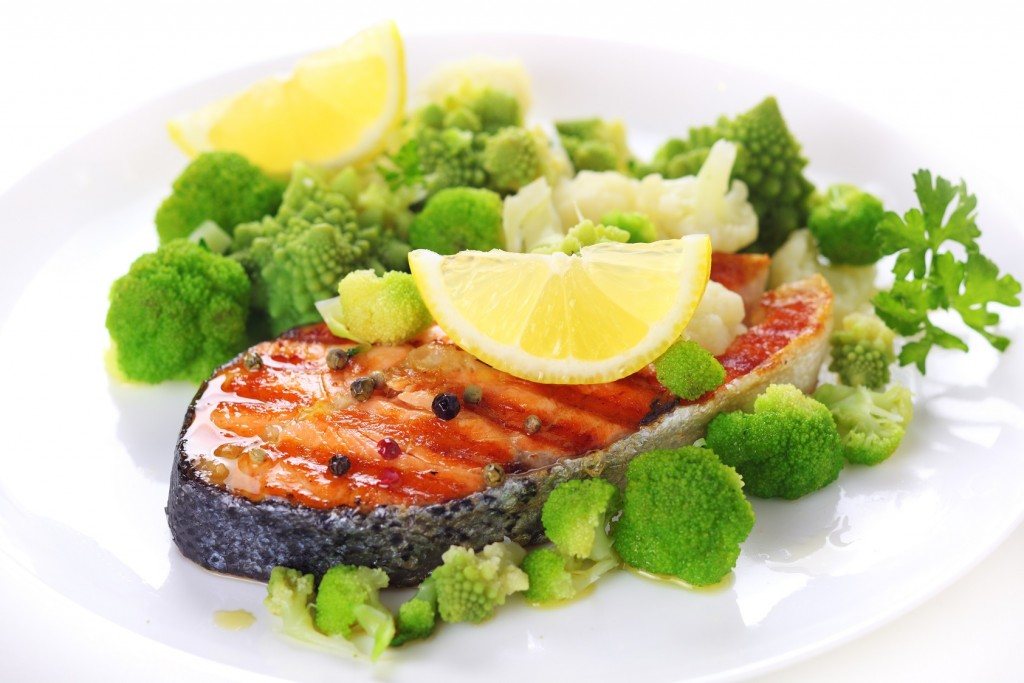The importance of a healthy diet and exercise programme can’t be underestimated, particularly for couples who would like to conceive. While a good diet may not remove infertility issues entirely, it can remove one of the obstacles to getting pregnant and ensure that your body is in the best possible condition for your baby.
Can Good Diet Cure Infertility?
If your fertility problems are due to obesity, being underweight, or lifestyle factors such as too much alcohol and poor nutrition, a healthy balanced diet could vastly improve your chances of conception. Nutritional therapy provides individual advice to help balance diet and maintain a healthy body to boost fertility and increase chances of conception. It’s a good idea for couples who need to amend their lifestyle to improve fertility or would like to ensure they have the best chance of success in their fertility treatment.
What Should I Eat to Get Pregnant?
Unfortunately there is no miracle food that will vastly improve fertility or ensure that you will carry a child to term. While tabloid press often claims that anything from avocadoes to oranges will double or triple chances of pregnancy, in reality a balanced diet and active lifestyle is the best thing you can do for your fertility before conception and for your health afterwards.
Some individuals have vitamin deficiencies or digestive problems that require a personalized diet to maintain optimum fertility, while others are unsure about the best way to balance their daily meals. If this is the case, you require an individual assessment to find out the best diet for your personal biology.
Abnormally skewing your diet in a particular direction without knowing how your body works can occasionally cause health problems rather than improving your chances, while undue stress caused by severe dietary changes can cause further damage. If your diet is unhealthy, small manageable steps to improving it are the best thing you could do.
As a general guide, you should:
- Eat approximately 60-70g protein per day
- Eat high calcium foods
- Eat a lot of fresh fruit and vegetables
- Eat foods with naturally-occurring folic acid (or take a supplement)
- Drink plenty of water
- Reduce (or eliminate) caffeine and alcohol consumption
While amounts vary, this advice applies to both men and women who would like to conceive and is essential to a healthy lifestyle.
What Should I Eat During My IVF Cycle?
Standard healthy living advice is really all you need to follow before your IVF cycle. This includes a balanced diet, moderate exercise, healthy BMI and minimum intake of caffeine and alcohol. If you have a BMI of 30 or above, you should talk to your doctor about losing weight before undertaking IVF so that you have the best chances of success.
Once you have begun the IVF cycle, you should continue to eat healthily and get plenty of sleep. You may continue light to moderate exercise but do not increase to a more intense exercise regime. You also avoid new diet regimens since losing 10% or more of your bodyweight can compromise the end result of your IVF cycle – any weight loss should be undertaken well in advance of your IVF treatment. Both partners should avoid alcohol and increase water consumption.
After the embryo transfer, women should avoid fish with high mercury content, continue to drink a lot of water, and avoid heavy lifting.
If you would like to discuss your individual nutritional needs and book a consultation, contact Concept Fertility to arrange an appointment.

